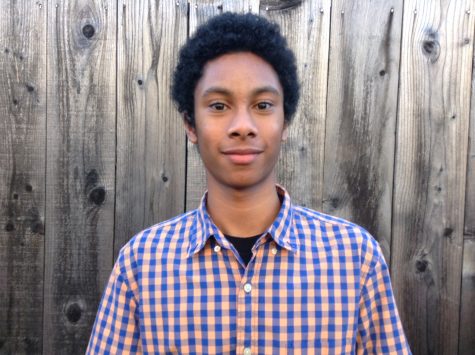As daylight saving time approaches this year, Assembly Bill 807, which was introduced to the California State Legislature in February 2017, aims to end daylight saving time for California.
On March 12, Californians will turn their clocks forward one hour to begin the practice of daylight saving time.
In 1918, daylight saving time was introduced to California for farmers to tend to their crops for an extra hour in the morning of the hotter months, according to timeanddate.com. In addition, many hoped that people would use less electricity as they would spend more of their time outdoors with the extra hour of daylight.
However, daylight saving time has been a controversial issue for both voters and lawmakers since its implementation. Its pros and cons have been debated for decades.
In 2015, Assemblyman Kansen Chu attempted to repeal daylight saving time in his Assembly Bill 385. However, the bill failed as opponents found it detrimental to farmers and businesses, according to the California Legislative Information website.
According to the United States Department of Energy (DOE), a 2007 study found that only 0.03 percent of the total electricity in the U.S. was saved that year. Other studies indicate that Americans may be consuming more electricity during daylight saving time, contradicting one of its original purposes.
Furthermore, the one-hour shift can disrupt people’s sleep cycles.
AP psychology teacher Michelle McKee said,”Throughout a part of the year, we are used to sleeping at a specific time and waking up at a specific time. With daylight saving, it can disrupt our circadian rhythm and throw it out of whack, which can take one or two weeks to adjust to.”
The circadian rhythm is like a biological clock for waking up. With daylight saving time, people’s bodies need to adjust to waking up to darker mornings as they prepare for their day.
Taking into account both the positives and negatives of daylight saving, the state legislature will decide whether to continue to observe daylight saving time or keep standard time all year round.


